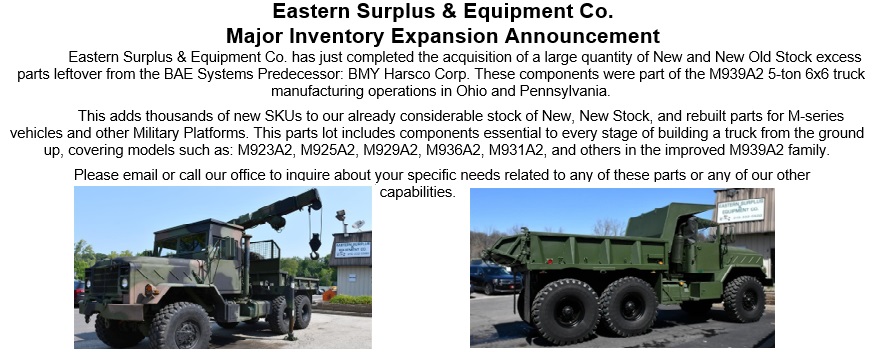rustystud
Well-known member
- 9,402
- 3,392
- 113
- Location
- Woodinville, Washington
What gimpyrobb said. Don't go over 2200 RPM's. Remember that your engine is being stressed differently when used to brake versus being powered by itself (compression firing in the cylinders) . Think connecting rods being "pulled" instead of "compressed" .Rusty, what do you consider to be over revving? I am somewhat new to driving the deuce, and always downshift and take advantage of engine compression braking.



